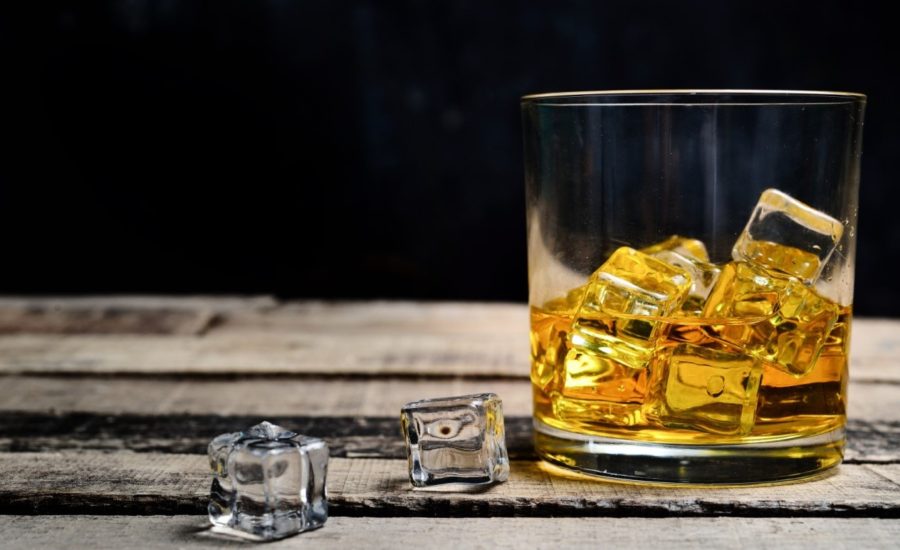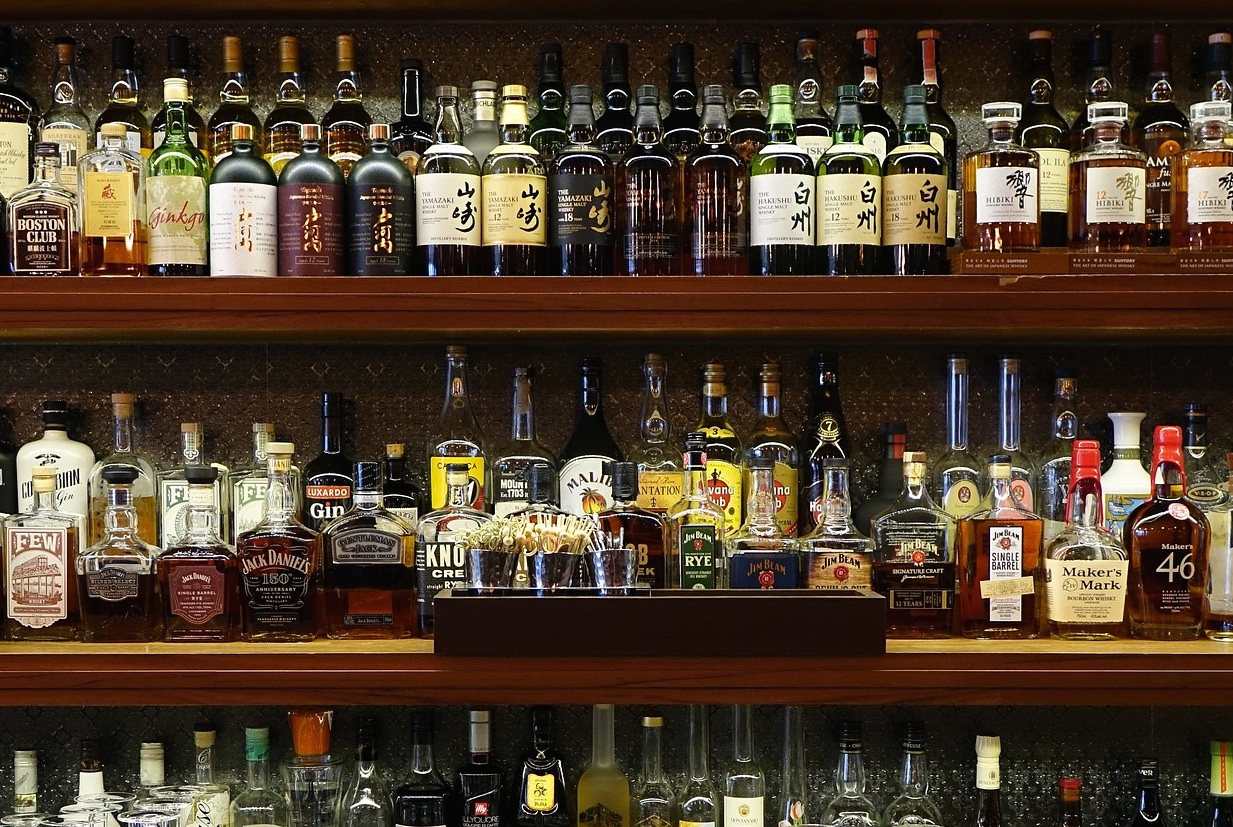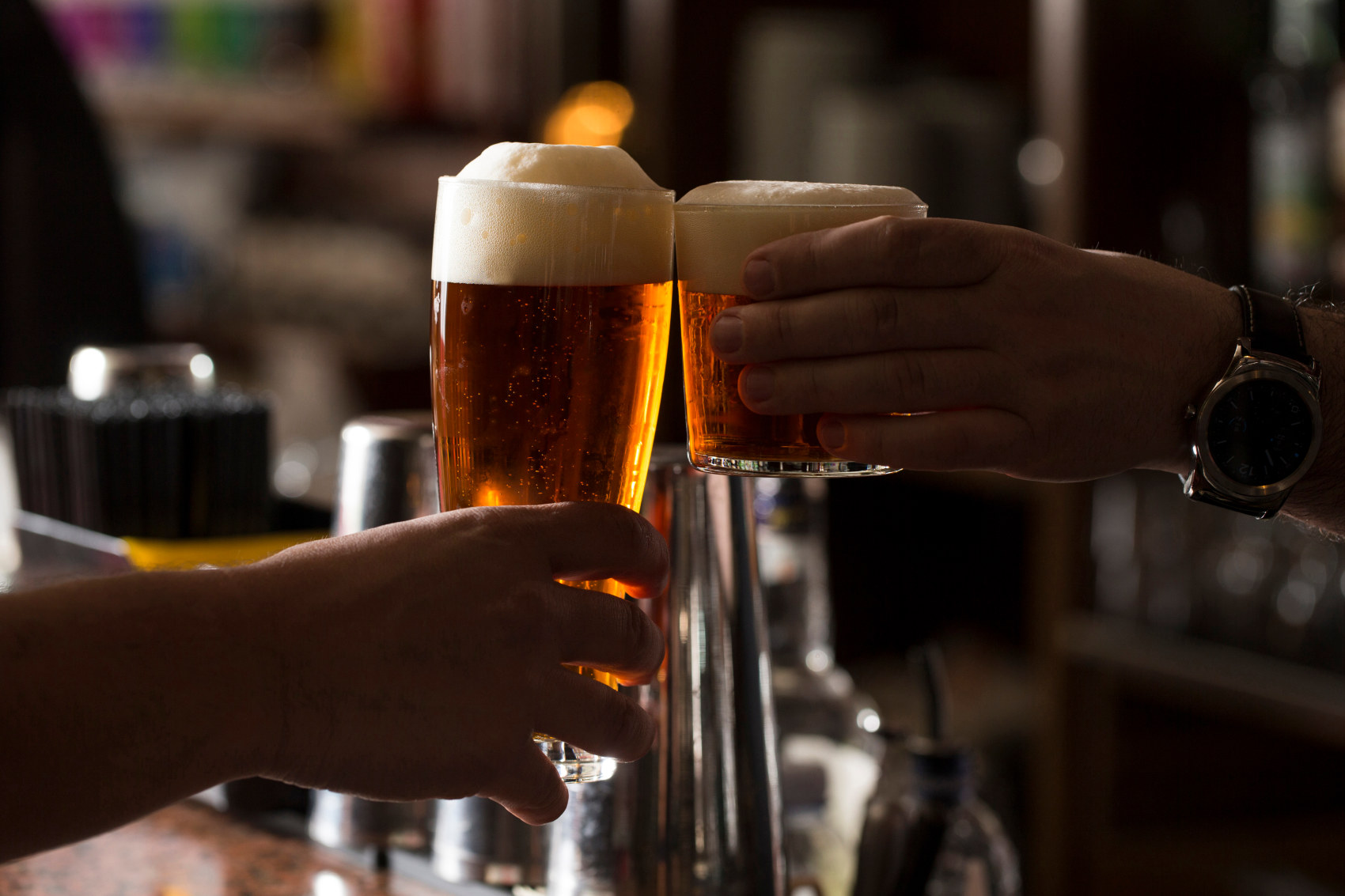Prevent
The Cancer Risks of Alcohol

During your next night out, think twice before tossing back a cold one.
Last year, the American Society of Clinical Oncology released a statement highlighting alcohol’s role in cancer. For example, just one drink a day has been shown to increase a woman’s risk of breast cancer, according to a recently released report.
Alcohol is already a known cause of several health issues, but evidence connecting drinking and cancer continues to grow.
Which Cancers are Linked to Alcohol?
According to the American Cancer Society, the several cancers have a connection to alcohol use.
Upper digestive cancers (mouth, throat, voice box, and esophagus): Areas that have direct contact with alcohol have the strongest link to cancer risk across all drinking habits (light, moderate, and heavy drinkers).
This is especially true when mixing alcohol with smoking. This is possibly because alcohol makes these areas more vulnerable to the harmful chemicals in cigarettes.
- 3.5 drinks per day can lead to a 2-3 times higher risk for these cancers.
Colon and rectal cancer: Alcohol use has been linked with a higher risk of cancers of the colon and rectum, especially for men. In studies, both moderate and heavy drinkers had similar increased risk.
- 3.5 drinks per day can lead to a 1.5 times higher risk for these cancers.
Breast cancer: As little as 1 drink a day is linked with an increased risk of breast cancer in women. Alcohol’s ability to also raise estrogen levels in the body may explain some of the increased risk.
- 3 drinks per day can increase the risk of developing breast cancer 1.5 times.
- According to studies, for every 10 grams (slightly less than one serving) of alcohol consumed, the risk increases by 7-12%.
Liver cancer: Long-term, heavy drinking is already known to cause liver damage, like inflammation and scarring (cirrhosis). This stress on the body might be related to alcohol’s role in liver cancer, which is especially high for heavy drinkers.
More research is being done to explore alcohol’s possible role in other cancers, like lung, pancreas, and stomach.
Pick Your Poison: All Alcohol Linked to Cancer Risk
No matter your drink of choice, evidence shows that beer, wine, and liquor can all increase the likelihood of developing cancer.
However, the risk is mostly related to the amount of alcohol you drink over time, rather than what you choose to drink.
Ethanol is the intoxicating chemical in beer, wine, and liquor. It is also, unfortunately, thought to be cancer causing. Specifically, this is because your body breaks down ethanol into acetaldehyde, a flavor compound in alcohol that is linked to cancer growth.
The acetaldehyde begins to form when alcohol comes in contact with the bacteria in your mouth. This might explain alcohol’s strong connection to cancers of the mouth, voice box, and esophagus.
How Alcohol Affects Your Body
The are several ways that drinking affects your bodies in ways that can lead to cancer.
- When you drink, alcohol can irritate and damage the body tissue it comes into contact with, like your mouth, throat, and liver. As your cells try to repair this stress on your body, it can lead to DNA changes that may develop into cancer.
- Alcohol can limit your cells’ ability to absorb certain nutrients, like folate and vitamin D. Healthy levels of both nutrients are linked to reducing cancer risks.
- Drinking increases your estrogen levels, which has been connected to breast cancer risk.
- Alcohol boosts the toxic effects of other cancer-causing substances. The most common example of this toxic combination is between drinking and smoking. Both habits are cancer risks, and doing them together only makes them more hazardous to your health. Many studies show that mixing the two increases the risk of developing mouth, throat, larynx, and esophagus cancer much more than consuming them separately.
Limit Your Drinking & If You Don’t Drink, Don’t Start
When it comes to drinking safely, moderation is always key. While even light drinkers have some increased cancer risk, heavy and moderate drinkers had the strongest connection.
The American Cancer Society guidelines recommend having no more than 2 drinks a day for men and 1 drink for women.
However, keep in mind that these daily guidelines are already considered moderate drinking. It’s also important to be mindful of the actual serving size you are having.
The National Institute of Alcohol Abuse and Alcoholism (NIAAA) defines a single drink serving as 14 grams of pure alcohol. This works out to 1.5 ounces of liquors that are 40% alcohol by volume (abv) or 80 proof. A single serving for wine (12% abv) is 5 ounces and beer (5% abv) is 12 ounces.
ASCO also recommends that if you don’t drink, don’t start now. And if you drink regularly, it’s never too late to stop or reduce.
Most studies have found that even when a person stops drinking alcohol, their cancer risks may take several years to return to the same level as non-drinkers.
If you are a current or former cancer patient, always consult your doctor about the risks alcohol may create in your treatment and recovery.







